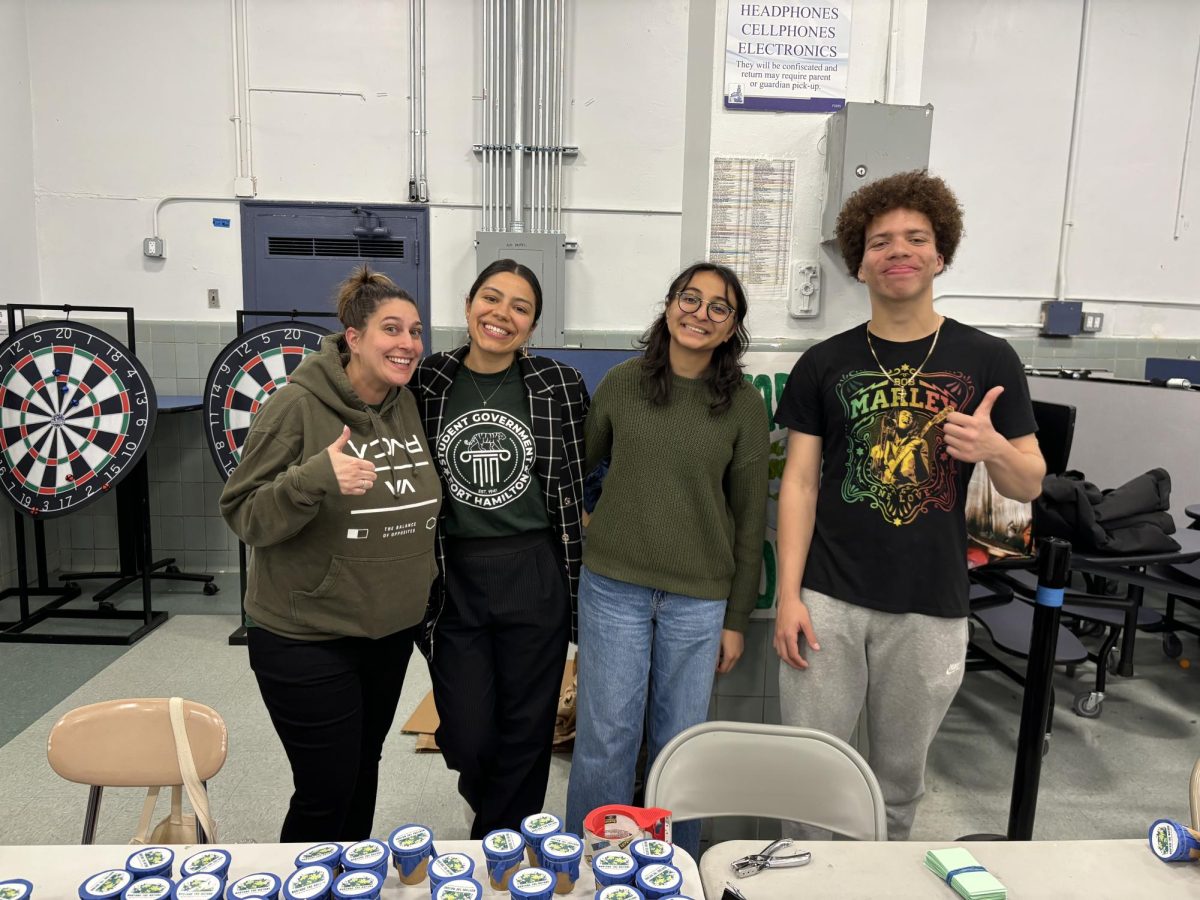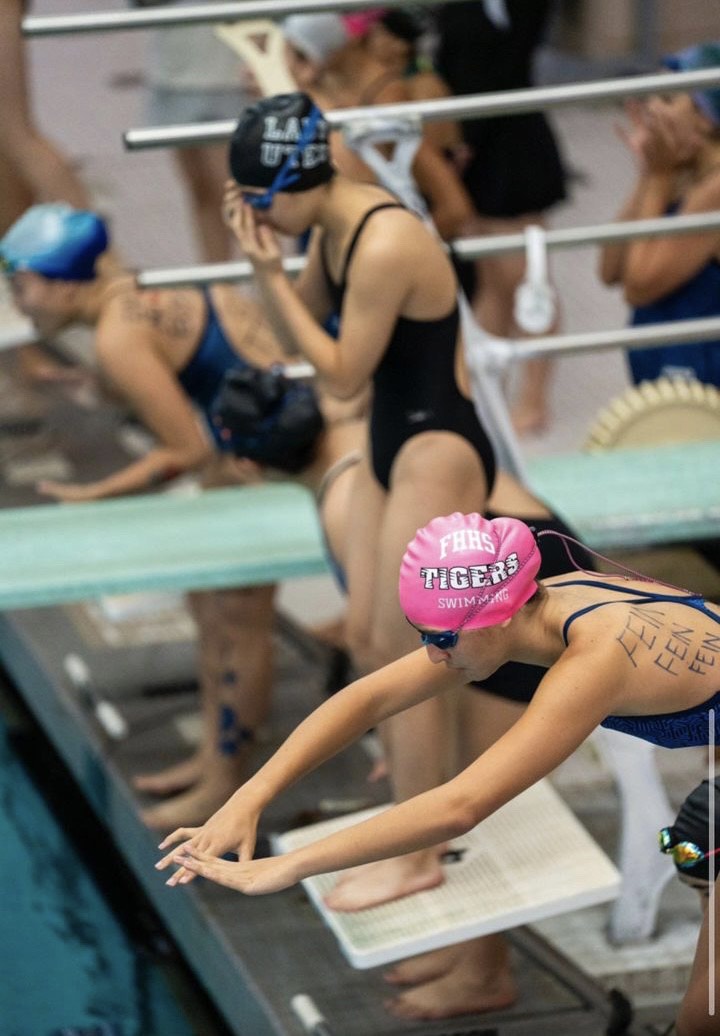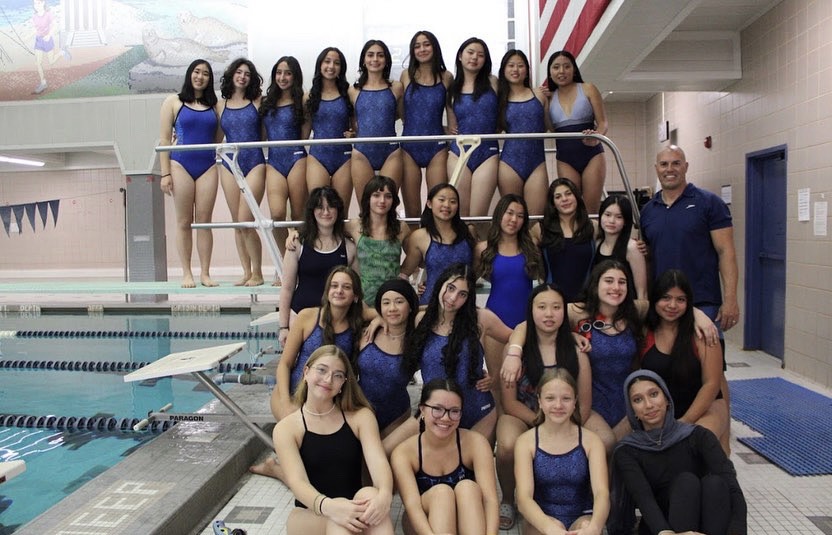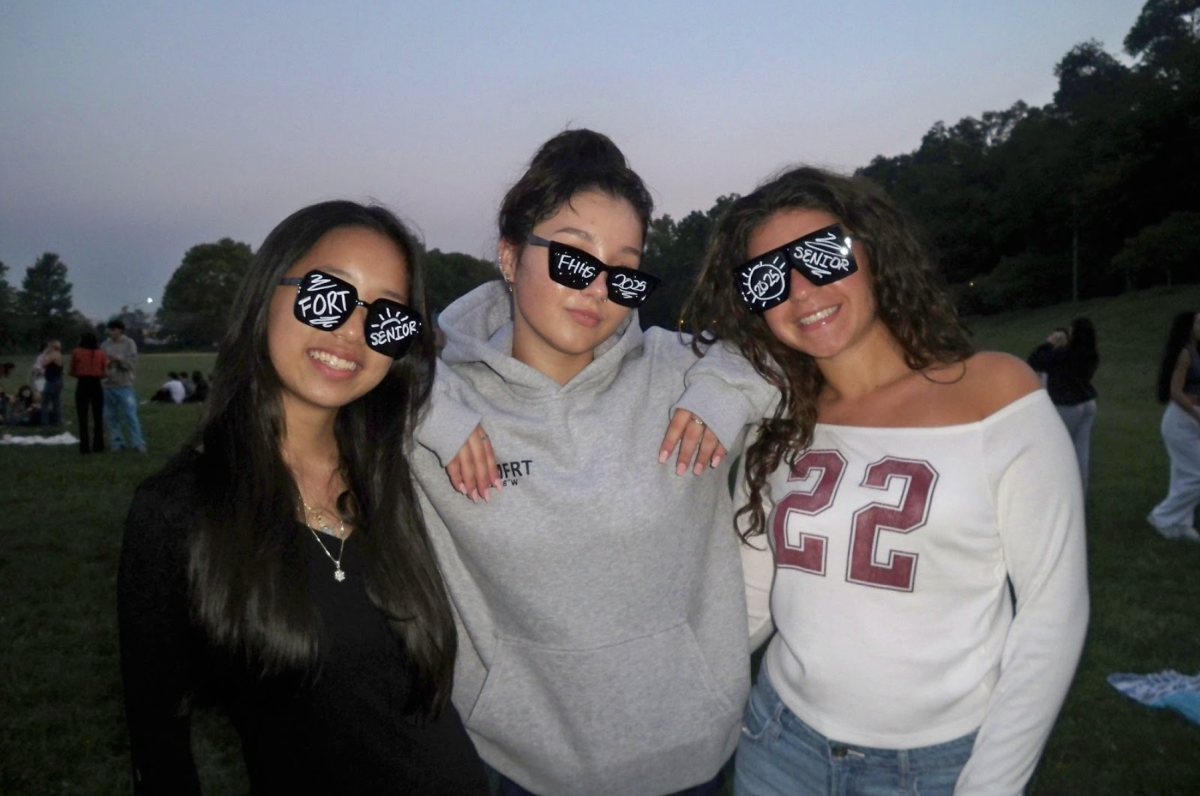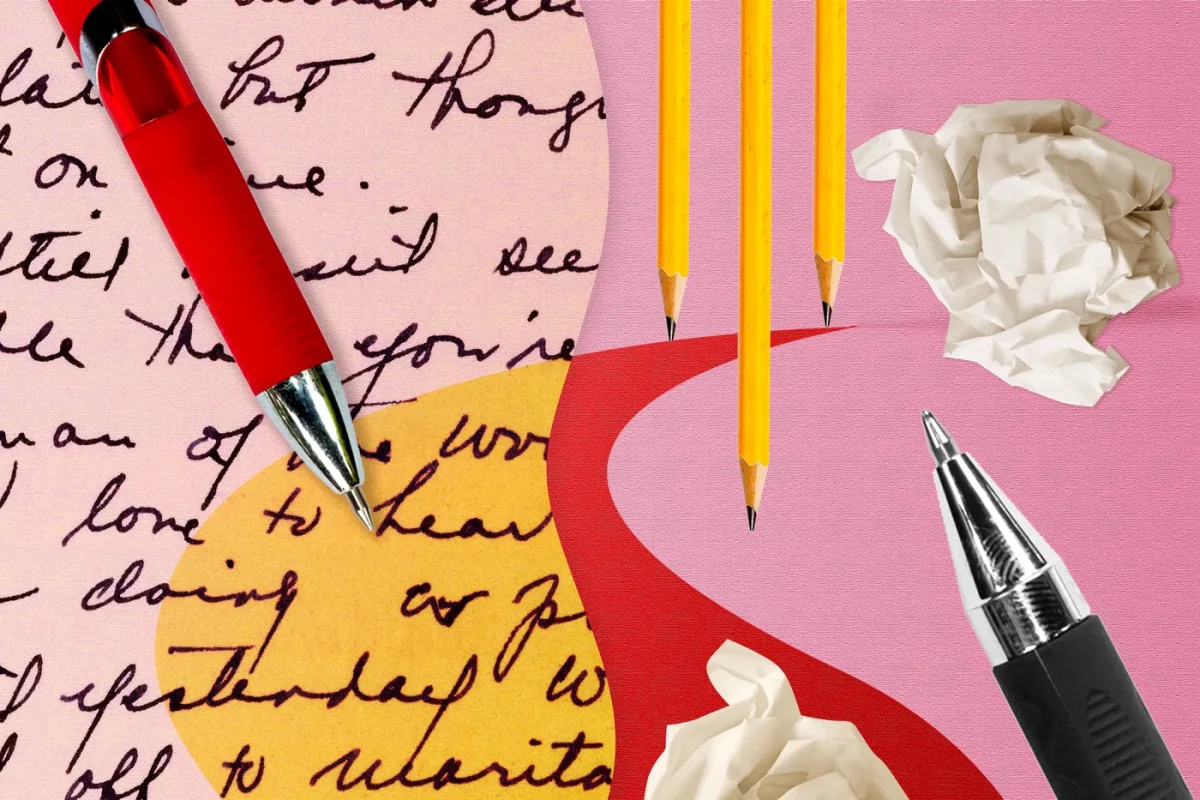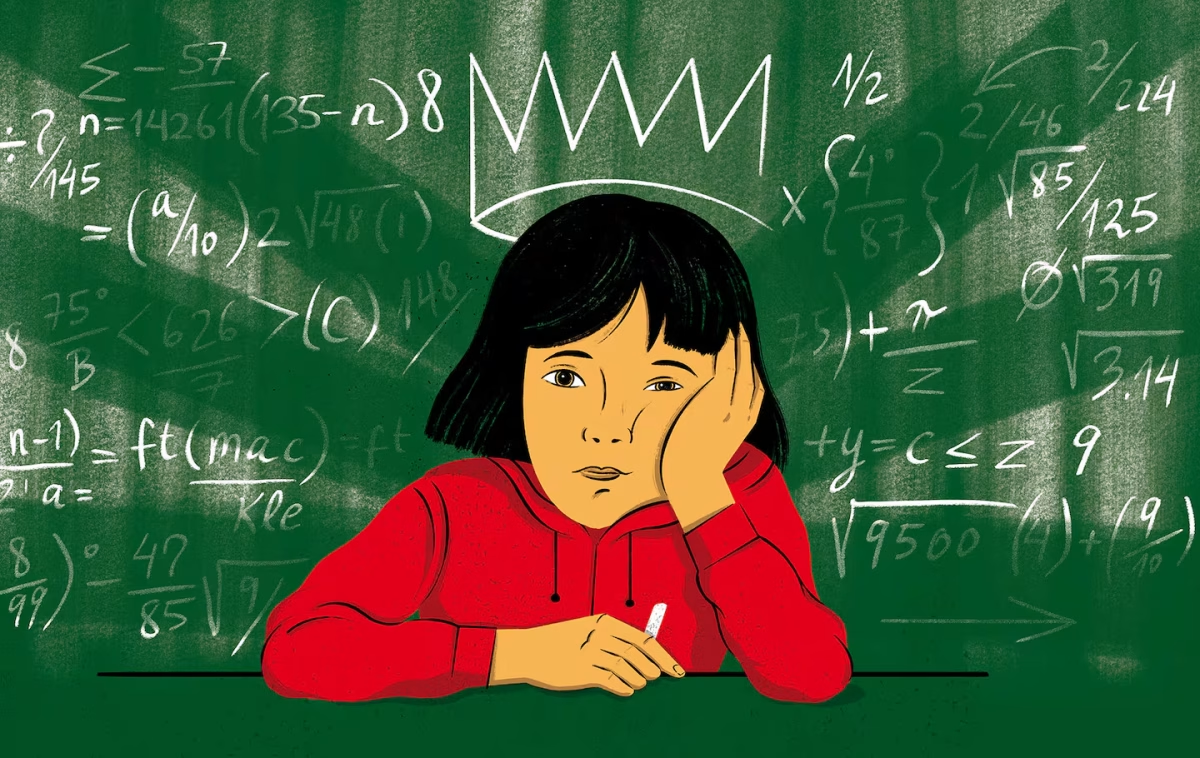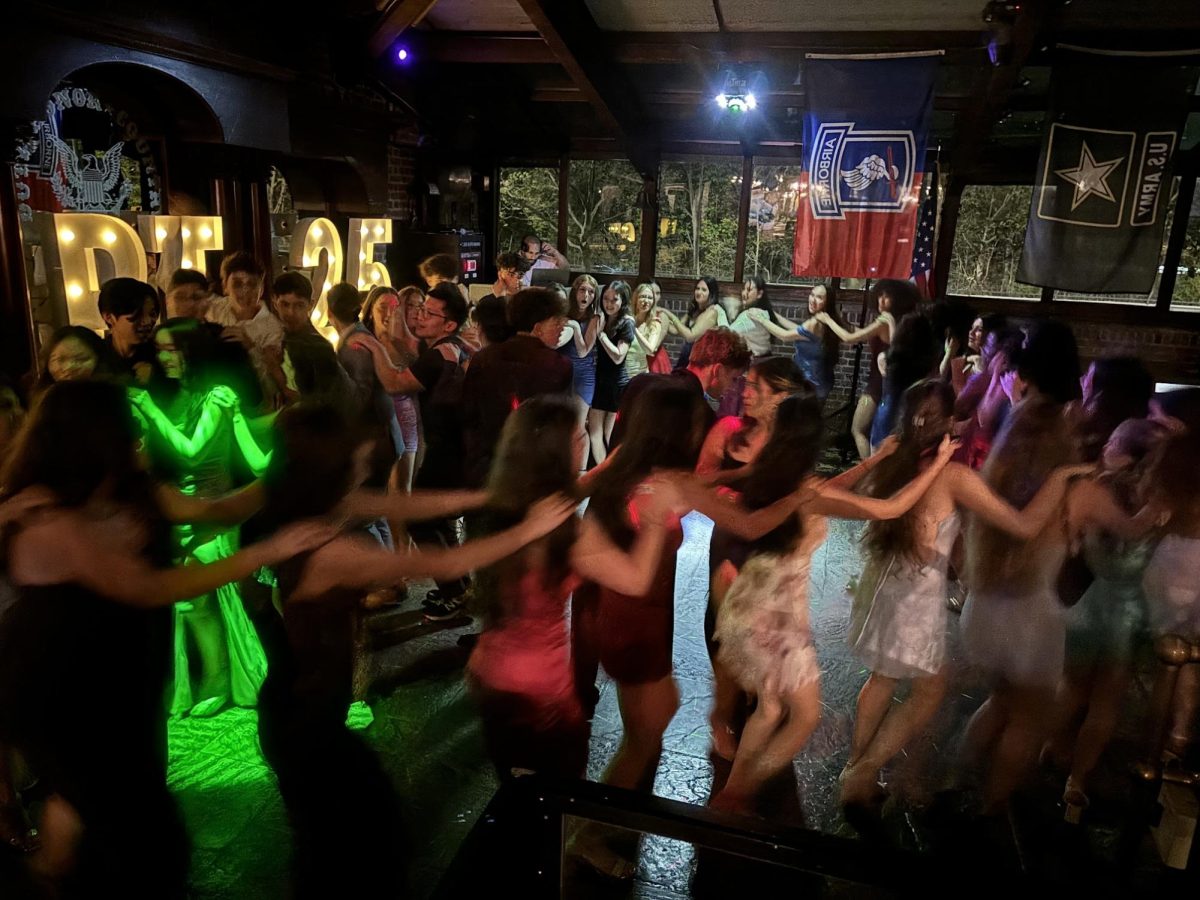A shared experience among many in Fort Hamilton High School is the sight of plastic bags drifting with the wind and waste strewn across sidewalks. Located by the waterfront, Fort Hamilton is especially vulnerable to the effects of climate change. On November 19, 2024, Fort Hamilton’s Green Team hosted a Climate Action Day for students in the cafeteria where students recycled plastic bottles for prizes as they worked towards the greater goal of reducing waste.
For recycling at least five water bottles, students received a reusable water bottle or t-shirt for their efforts. The grade that recycled the most bottles earned the title Eco Champions, while the group that recycled the most received a pizza party. As prizes were given away, the Green Team raised awareness on the purpose of recycling and inspired students toward action for the environment.
This Climate Action Day is part of a greater initiative across all NYC public schools to promote sustainability. The November Climate Action Day was focused on reducing waste, while future days will address issues with energy, health, wellness, greenspace, and water. Through promoting sustainability in schools, the Department of Education aims to replace unsustainable habits with eco-friendly solutions.
85% of waste generated in our schools can be composted or recycled, according to the NYC Department of Sanitation.
The failure of schools to uphold sustainable practices have led many teachers, like Earth and Space Science teacher Ms. Ching, to take action toward the lack of initiative towards climate change.
“We’re supposed to be recycling everything, but we aren’t and we’re falling behind,” Ms. Ching said.
The event was in full swing by fifth period, and crowds of students began lining up to ask questions on ways to recycle their bottles. With means of earning free merchandise, students began passing by classrooms to ask for any spare plastic bottles. In particular, one junior shared how the recycling event had affected his perspective on sustainability.
“This really showed me just how much plastic waste we can generate as a school,” junior Kevin Chen said. “Most people throw plastic bottles in the waste bin, but I think I’ll start using more reusable items and put recycling into practice.”
Chen’s reflection on the amount of plastic trash at school reveals a more general change in viewpoint. The occasion provided many, including Junior Senator Stamatis Karathomas, with a sense of empowerment and enlightenment.
“I used to think climate change was too big of an issue to solve, but Climate Action Day gave me real tools to help. It’s empowering to know our generation can make a difference,” Karathomas said.
Coordinator of Student Activities Ms. De Paula hopes that although the event lasted only a day, the impact it has on students will last in perpetuity. Although she wishes students would practice recycling without an incentive, she hopes that having events to encourage students to recycle will leave a greater impact.
“The idea of climate action days is to have these moments where students can pause and think about something greater than themselves,” said Ms. De Paula. “The ultimate goal is to create students who wanna advocate for their planet. We only have one planet that we need to all live on and care for.”
Through her experience with teaching the Environmental Sustainability science elective, Ms. Ching is well educated on how we as a school community impact climate change. She has organized similar events related to taking action against pollution, like beach cleanups, and feels very strongly about recycling practices.
“I want students to be mindful of their waste, because if you don’t recycle it, it won’t disappear,” Ms. Ching said.
Climate action day is not the end of Fort’s aim towards sustainability. Many organizations, like Make A Difference and The Green Team, that teachers like Ms. Ching and Ms. De Paula run, will continue to work on the greater goal of eliminating waste. Meanwhile, the environmental advocates within Fort Hamilton hope that the event inspired some change in how students approach sustainability.
As the event came to an end, it became evident that changing everyday routines and fostering a sustainable culture are more important than simply recycling a few bottles. The path to a greener future is only getting started for Fort Hamilton kids and those throughout New York City, and it will require everyone’s effort, no matter how small.
According to junior Chanel Chen, “Everything we do affects our future and our planet.” Students are helping to create a cleaner, more sustainable world by recycling bottle by bottle and changing their habits.




